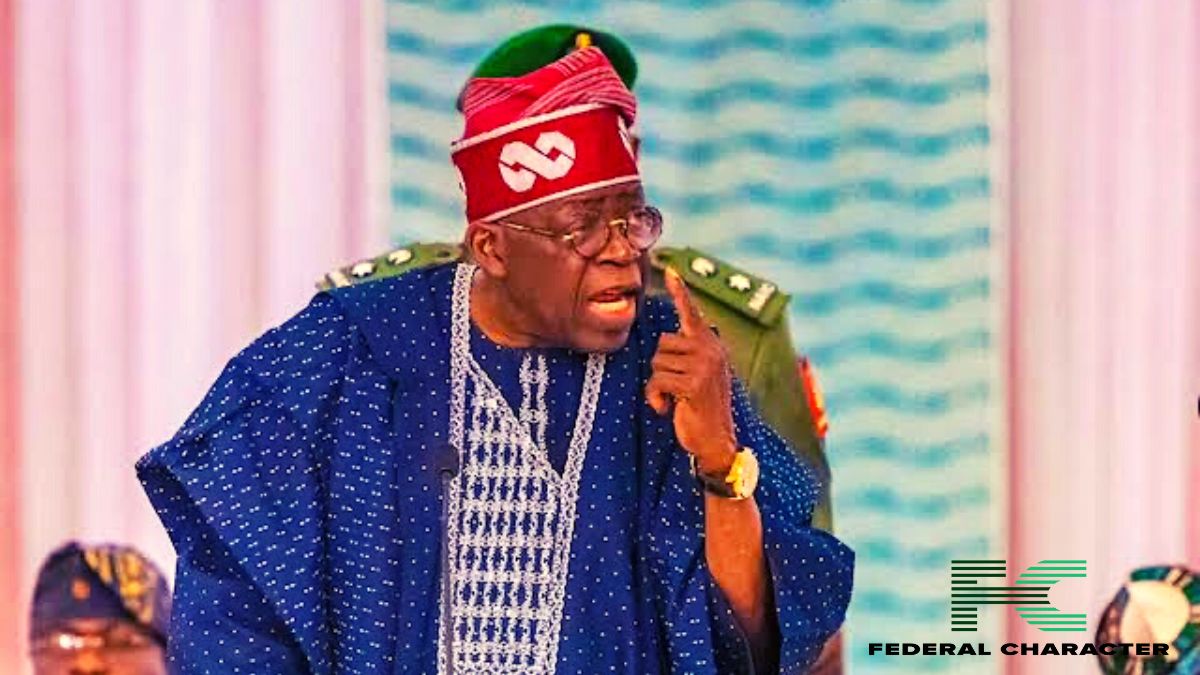The stage is set for the screening of the first batch of ministerial nominees, sent by President Bola Tinubu to the Senate. As of today (Monday), 20 out of the 28 nominees have completed their documentation for the screening process, while the remaining nominees, currently out of the country, are yet to finalize their paperwork.
The Senior Special Assistant to the President on National Assembly Matters (Senate), Abdullahi Gumel, had urged the ministerial nominees to complete their documentation ahead of today’s screening, just 24 hours after the Senate unveiled the President’s initial list on Thursday, July 27, 2023. The presentation of the list to the Senate President, Godswill Akpabio, was carried out by Femi Gbajabiamila, the Chief of Staff to the President and former Speaker of the House of Representatives, at exactly 01:19 pm.
Section 147 (3) of the 1999 Constitution requires the President to appoint at least one minister from each of the 36 states. However, 11 states, including Adamawa, Bayelsa, Gombe, Kano, Kebbi, Kogi, Lagos, Osun, Yobe, Plateau, and Zamfara, as well as the Federal Capital Territory, are yet to have ministerial nominees.
In his letter titled “Request for Confirmation of Ministerial-Nominees,” President Tinubu assured the Senate that a supplementary ministerial list would be submitted in due course.
The President’s first set of nominations received attention due to the presence of politicians, including ex-governors, serving and former members of the Senate and House of Representatives. Notably, four ex-governors, Nyesom Wike (Rivers), Dave Umahi (Ebonyi), Nasir El Rufai (Kaduna), and Abubakar Badaru (Jigawa), are on the list, along with individuals like Presidential spokesman Dele Alake, acting National Chairman of the ruling All Progressives Congress (APC) Abubakar Kyari, and Senior Advocate of Nigeria Lateef Fagbemi.
It has become evident why Nyesom Wike frequently visited Tinubu in Aso Rock and supported Tinubu’s victory in Rivers State, even though he is a member of the People’s Democratic Party (PDP). This underscores the lengths to which politicians will go to secure and maintain power.
Among the nominees, 25% are women and 75% are men. Notable female nominees include Betta Edu, Doris Aniche Uzoka, Hannatu Musawa, Nkiru Onyeojiocha, Stella Okotete, Uju Kennedy Ohaneye, and Iman Suleiman Ibrahim.
The timing of President Tinubu’s ministerial announcement has sparked discussions, with comparisons drawn to the slow take-off of the Muhammadu Buhari administration, which unveiled its cabinet six months after his inauguration in 2015. In contrast, Tinubu transmitted his ministerial list to the National Assembly just a day before the expiration of his 60-day constitutional deadline on July 28, 2023.
The Fifth Amendment to the 1999 Constitution stipulates that the President must present the names of his ministerial nominees to the National Assembly within 60 days of assuming office.
As the screening process begins, some speculate about the political connections of the nominees and how it may influence the outcome. While the Senate has the responsibility to critically scrutinize the candidates, some commentators argue that the executive branch remains the most influential in Nigerian politics, often dictating the decisions of other government arms.
Federal Character promises to keep readers updated on the developments as the screening process unfolds.














